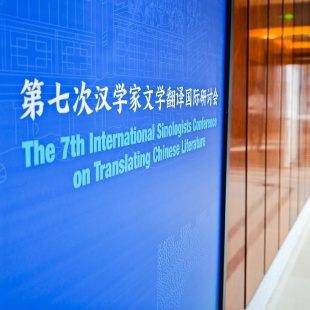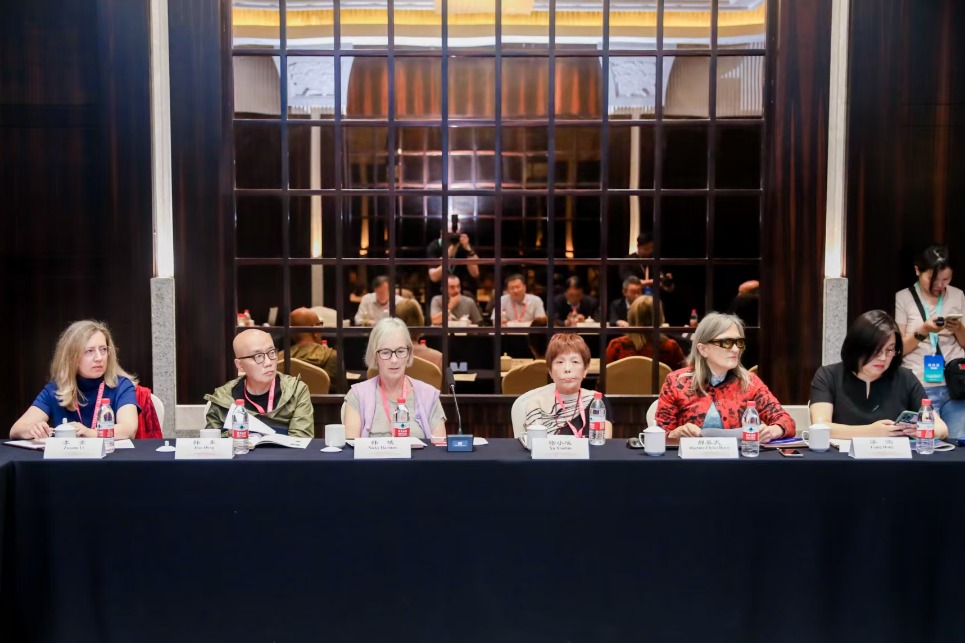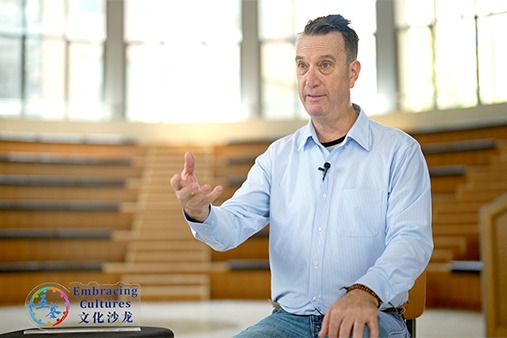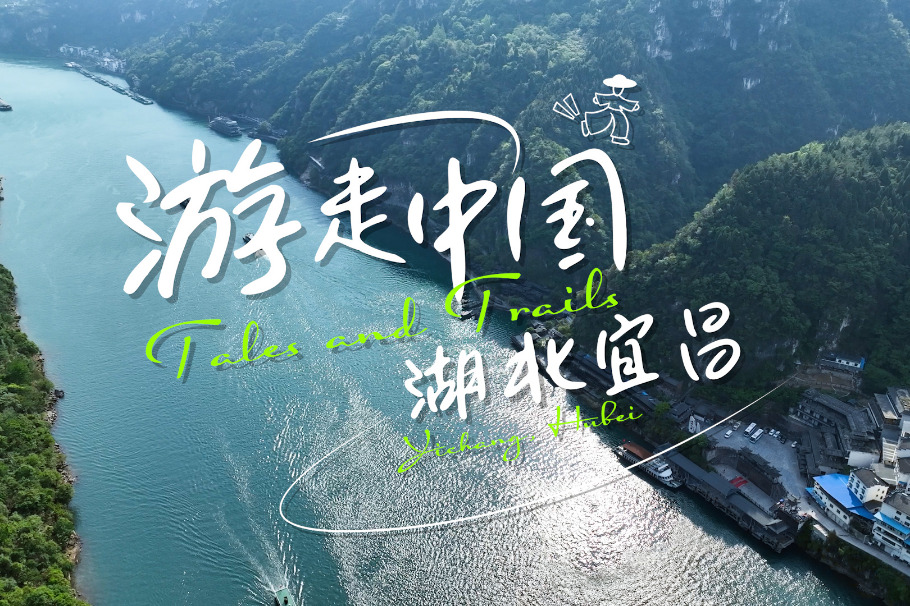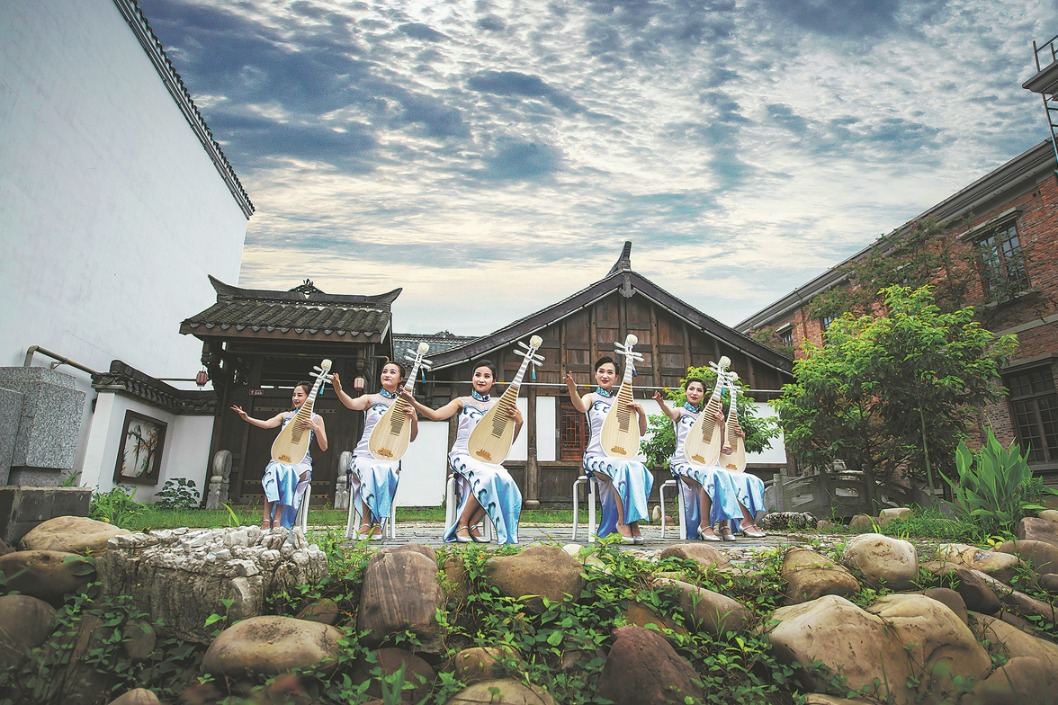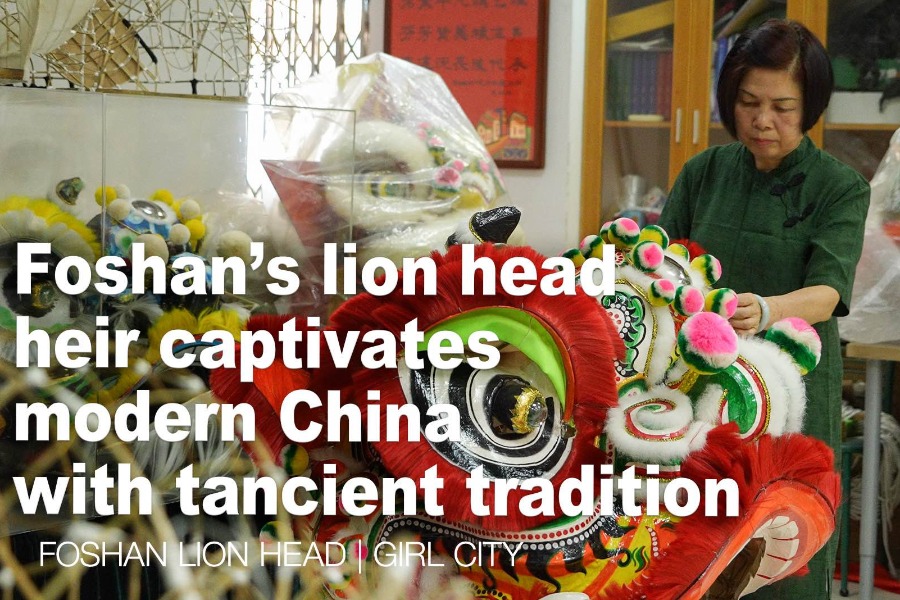AI in the eyes of writers, Sinologists


Ahmed Elsaid, Egyptian Sinologist and president of Bayt Alhekma Cultural Group, a publishing house specializing in Arabic translations of Chinese literary works, argued that the impact of AI—one of the most advanced technologies of our time—is comparable to that of personal computers when they were first introduced.
“Modern people who don’t use AI, like those who refused to use personal computers, will be gradually made redundant,” he said.
Consequently, the Egyptian entrepreneur, who oversees more than 100 translators, instructed his employees to view AI as a secretary that assists in research and material organization, rather than as a boss to whom they must listen.
“Currently, when AI is asked to translate excerpts from a novel, it generates only the literal meaning of the words, rather than producing true literature,” said the Sinologist. He highlighted that the Chinese language is nuanced and often implicit, which presents a significant challenge for translators.
When translating literary works, translators, in addition to being proficient in both languages, must think like a Chinese person and only by doing so can they capture the style, tone, and cultural nuances of the original work in their translation, he said.
Danish Sinologist Peter Damgaard, known for translating a wide variety of modern and contemporary Chinese literary works, such as Lu Xun’s Call to Arms and Mo Yan’s The Garlic Ballads and Red Sorghum: A Novel of China, believes that translating Chinese novels requires conveying not only the meaning but also the style in the target language.


